Description
Latin Name: Acer rubrum
Common Names: Red Maple, Soft Maple, Swamp Maple
Hardiness Zones: 3-9
Mature Height: Typically grows 40-60 feet (12-18 meters) tall but can exceed 100 feet (30 meters) under optimal conditions. It features a rounded, oval crown and is known for its fast growth.
Soil / Climate: Prefers medium-wet, well-drained soil, and thrives in full sun to partial shade. It is cold-tolerant and adaptable to a broad range of soil conditions. Native to eastern North America.
Notes: True to its name, the Red Maple displays red or reddish hues in its new leaves, leaf stalks, twigs, flowers, and fall foliage. It is one of the most common and widespread deciduous trees. The leaves are 2-5 inches (5-13 cm) long, with 3-5 triangular lobes and toothed edges. The upper surface is medium green, while the underside is grayish-green. In late winter or early spring, the tree produces showy flowers that are usually bright red but occasionally yellow, growing in hanging clusters. The fruit consists of samaras about ½-1 inch (1-3 cm) long, light brown or reddish-brown, maturing from late spring to early summer. Young trees have smooth, light gray bark that becomes ridged and darker as the tree matures. The Red Maple is valued for shade, small-scale maple syrup production, and medium to high-quality lumber. Its twigs are reddish in color.
Problems: The Red Maple is generally free from serious issues but can be susceptible to Verticillium wilt, which may be fatal. It can also be affected by scale, leafhoppers, aphids, caterpillars, and borers, as well as fungal leaf spots, root rot, and canker.
Wildlife: The Red Maple serves as an important winter food source for wildlife, particularly elk and white-tailed deer.
Cold Stream Farm supplies Red Maple trees which are grown as bare root seedlings and transplants and sold both wholesale and retail with no minimum order.
Sources:

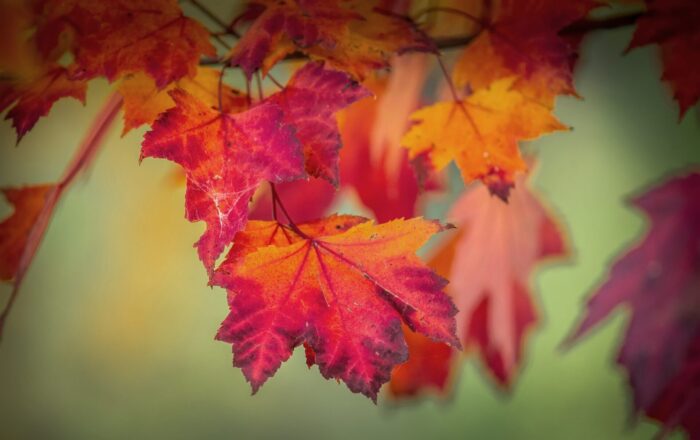
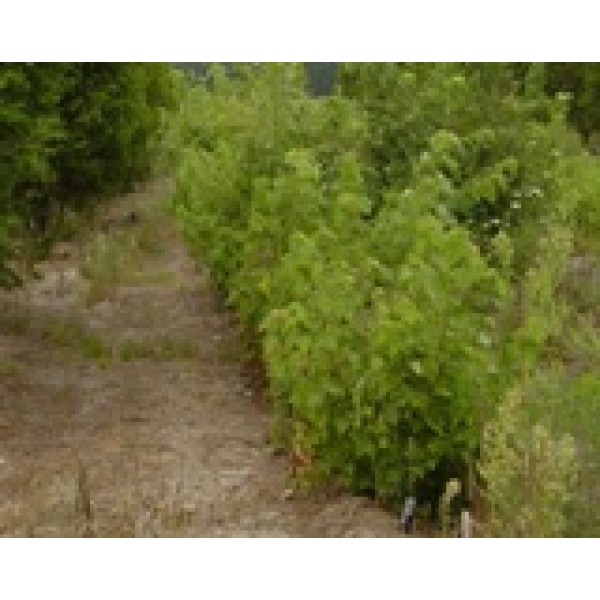
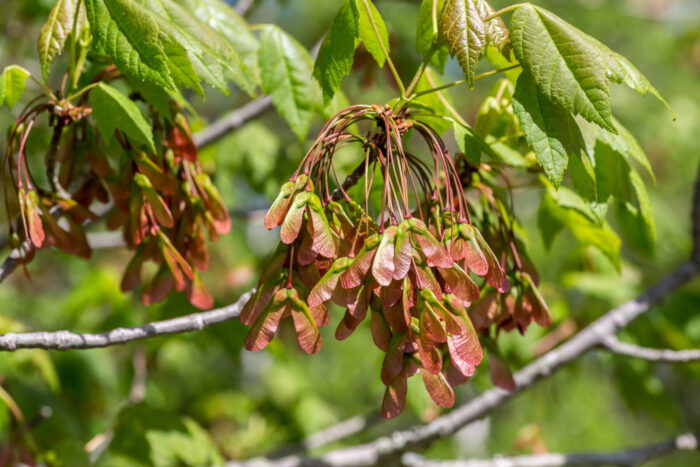
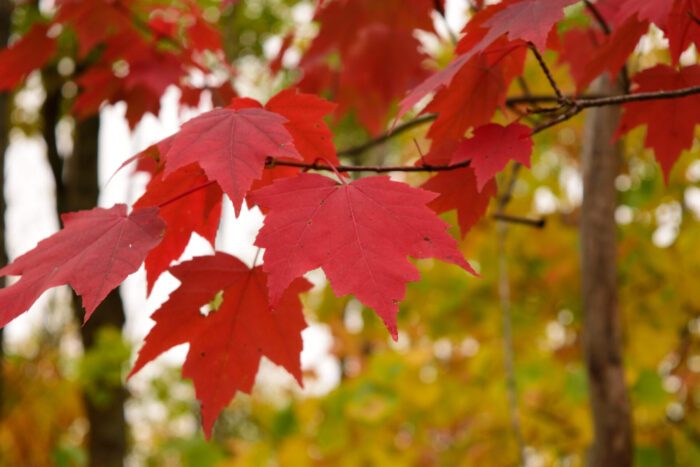
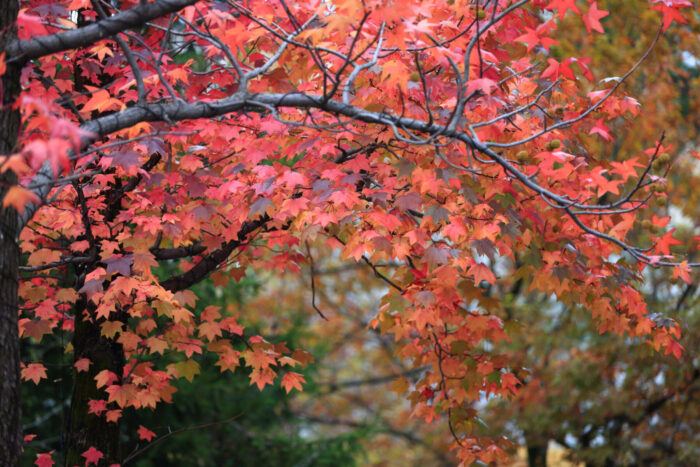
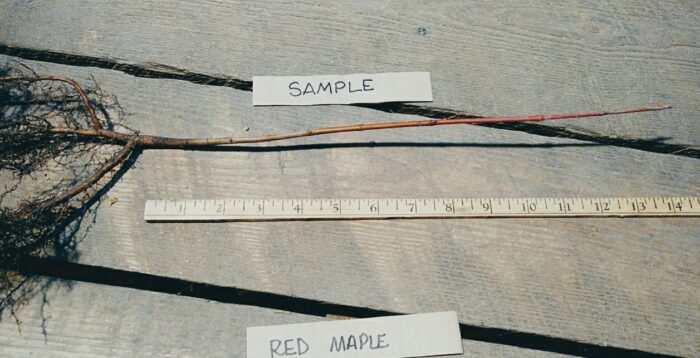

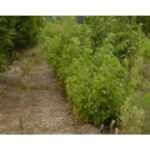
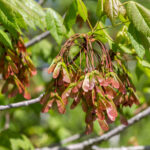
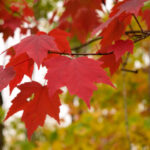
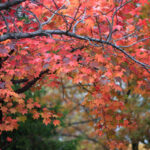
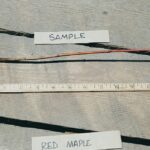
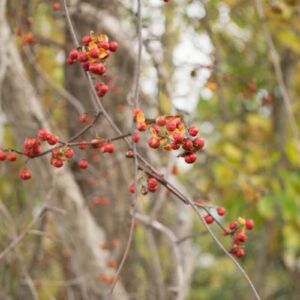
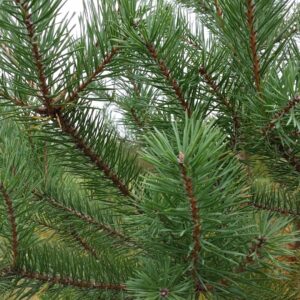
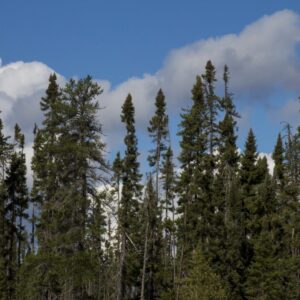
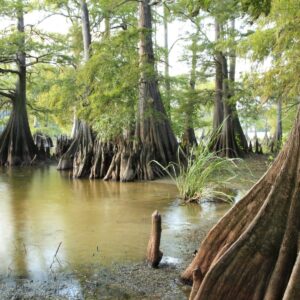
Reviews
There are no reviews yet.